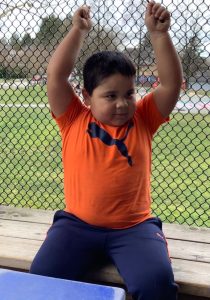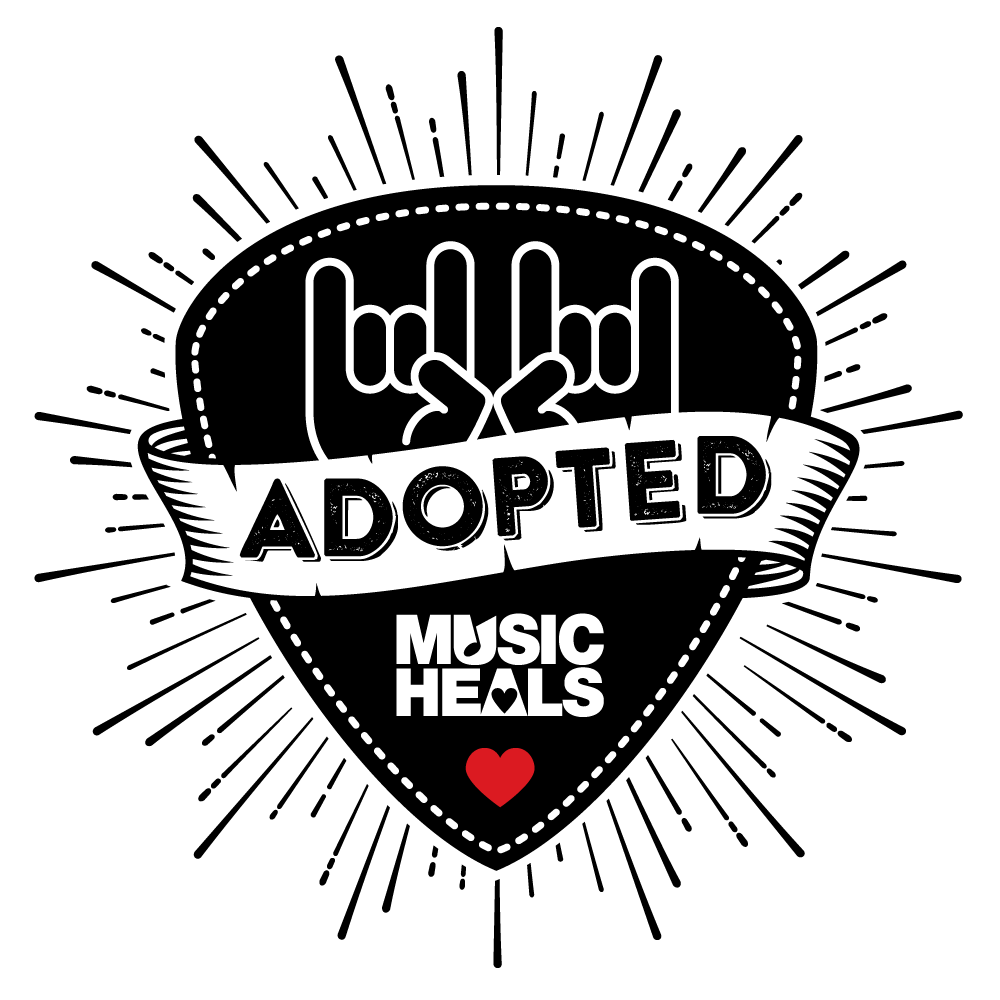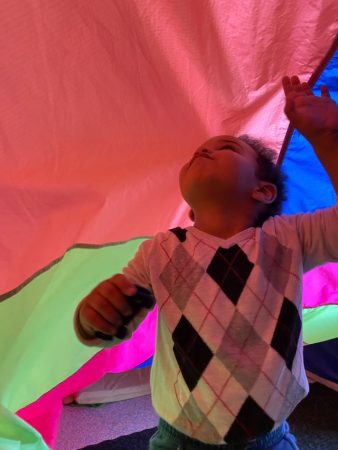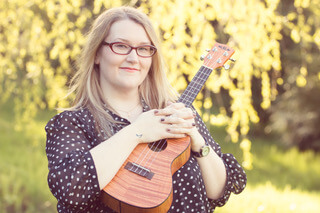Music therapy is offered at the Bob & Kay Ackles YMCA Nanook House and Woodwards YMCA Childcare weekly. The service is offered as an opportunity for all of the children in the ages 3-5 program, as well as the older children from the toddler program.
YMCA has been able to maintain the virtual delivery of music therapy through continued funding from Music Heals, and they have seen how much the children enjoy participating in the weekly sessions. They have continued expanding their approach to the virtual sessions by adding the use of a projector and increasing the visual accessibility of the sessions in that way. This has increased the children’s engagement and participation in the sessions, and music therapist Alexina, has adapted her activities to encourage increased interactions.
37 children were served weekly in 2021 at the Bob & Kay Ackles YMCA Nanook House as a result of Music Heals funding. At Woodward’s 15 children and 8 adults benefit from the program on a weekly basis.
Demographic
Many of the children come from very vulnerable families, and music therapy helps them in their expression and development as many of them manage in regards to living in violent situations, delayed speech, gross motor delays, homelesness and lack of access to nutritious foods, inconsistent housing and more.
80% of the families served at Nanook are subsidized from the Ministry of Children and Family Development and 23 out of 31 families identify as Indigenous. The YMCA teams work directly with several external support services, such as BC Centre for Ability, Vancouver Coastal Health, and Vancouver Aboriginal Supported Child Development Program to identify developmental goals and build care plans to support each child.
Ages 18 mo – 5 years
Several of the families that access music therapy at YMCA live with multiple social and economic barriers such as poverty, mental health, and addiction challenges. Many of the parents are younger and have experienced some form of trauma, which may be ongoing. A significant percentage of families identify as Indigenous and some of these parents may be experiencing the ripple effects of residential schools, which in turn, can affect their ability to parent. Lack of parenting skills also has a huge impact on the children, which may look like increased screen time, unhealthy attachments, poor nutrition and dental health and affected speech. The most recognizable challenges in the YMCA programs have been language, social, physical and emotional development. Many children are also in and out of foster care, which can also introduce stress such as inconsistent housing and care. In addition to these areas, some children have had additional diagnoses such as Sensory Processing Disorder, Autism Spectrum Disorder, Attention Deficit Hyperactivity Disorder, and Post Traumatic Stress Disorder.
“Music and movement play an important role in healthy child development. From birth, parents use music and songs to calm and soothe their child. They engage, interact and connect with the child through lullaby and songs. Children naturally enjoy music and respond to music at an early age. When young children participate in music and movement activity in a group, they have many opportunities to take turn or share using the musical instrument or to sing their song, these turn taking and sharing enhance their social skill. Many songs, music and moment give the opportunity for the children to identify different emotions and feelings (eg. “If you are happy and you know it clap your hand”) and allow them to express their feelings through music and movement.
When children are exposed to music and songs, they are enabled to have listening and speaking skills and phonological awareness which later leads to the ability to connect the sounds to symbols (writing skill) which will lead to strong literacy in their later years. Music and movement also helps children to develop small and large motor skills. When children are dancing, swaying, waving, swirling etc, they are strengthening their muscles in different areas in their body. When children listen to and dance along with the music and songs, it helps them to develop eye, listening and body coordination, spacial awareness, and balancing.”
– Le Mach (Toddler Staff)
Navigating The Ongoing COVID-19 Pandemic
The need to continue providing virtual music therapy sessions has changed how the YMCA offers the service. They have noticed a difference in the children’s ability to focus and retain their attention while delivering the service via computer, and it can be more difficult to capture the children’s interest and keep them engaged for the full duration of the sessions.
They have worked to off-set this by utilizing a projector, screen and speakers, rather than only a laptop, to increase the visual and auditory input of the sessions. An additional interruption that has impacted delivery of successful sessions has been the dependence on Wifi connections to ensure the sessions can happen. Low connection speeds make connectivity difficult and can cause delays, or even the cancellation of sessions. Despite the hurdles and barriers we faced, the YMCA is very glad to be able to continue the program through the pandemic, and continue to see significant value of the program. They are looking forward to moving back to in person programming in the fall.
The YMCA has opened two new centres in 2021 in the Downtown Eastside, which will expand the number of vulnerable children in need of specialized programs to an additional 70.
Adopting this program will allow the music therapy program to increase service to the current centres as well as expand to Portside and Waterview, the 2 new centres.
Music Therapy has made a significant impact on all of the children at both Woodwards and Nanook, and become staple programs for YMCA to support children in their care. Having the opportunity to provide this program and support to the children in the new centres would be ideal, to ensure they have the best start in life as well. None of the families they work with would be able to provide music therapy for their children, but all of the families see the significant ways it benefits each and every child. Your support will provide 2 hours of music therapy per week at the new centres.


From YMCA:
“Hunter has been attending the Bob & Kay Ackles YMCA Nanook House for three and a half years, and has had many positive experiences with the music therapy program offered there. This is Hunter’s last year in the program, and he still joins weekly in our music therapy sessions, excited to see [Music Therapist] Alexina and to hear what songs she will sing. He enjoys singing the familiar songs, as well as learning new ones, and can often be seen acting them out in his play. Staff have supported Hunter in times of sadness, frustration and anger by singing his favourite songs from music therapy with him, and he will often join them as they sing. This process helps Hunter to calm down during times of heightened emotions. Hunter also really enjoys acting out the various large-motor movement songs that Alexina sings in her sessions, particularly outside in our playground. He will ask the staff to sing with him while he moves around the area, and this serves as a great opportunity for other children to join him in his play, building connections and friendships as they sing, stomp, run, jump and dance together.”



